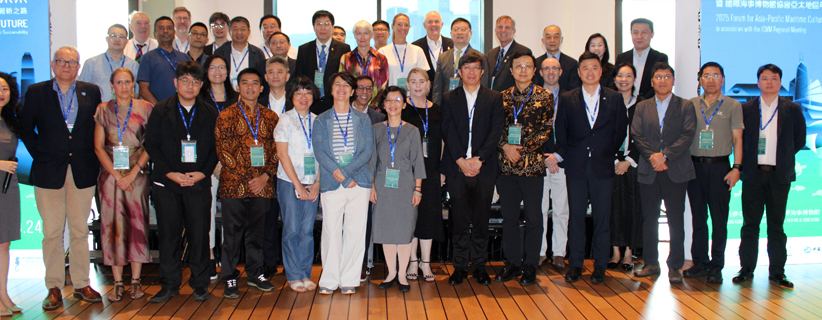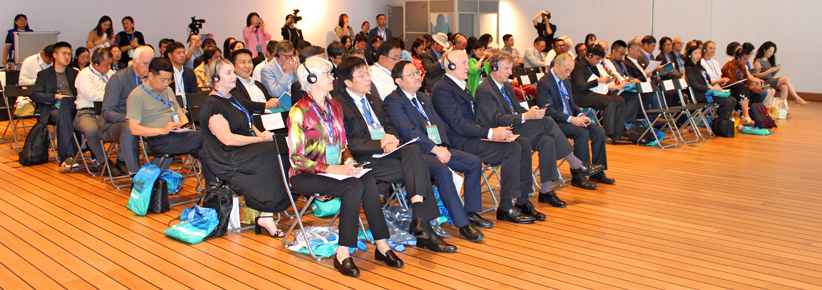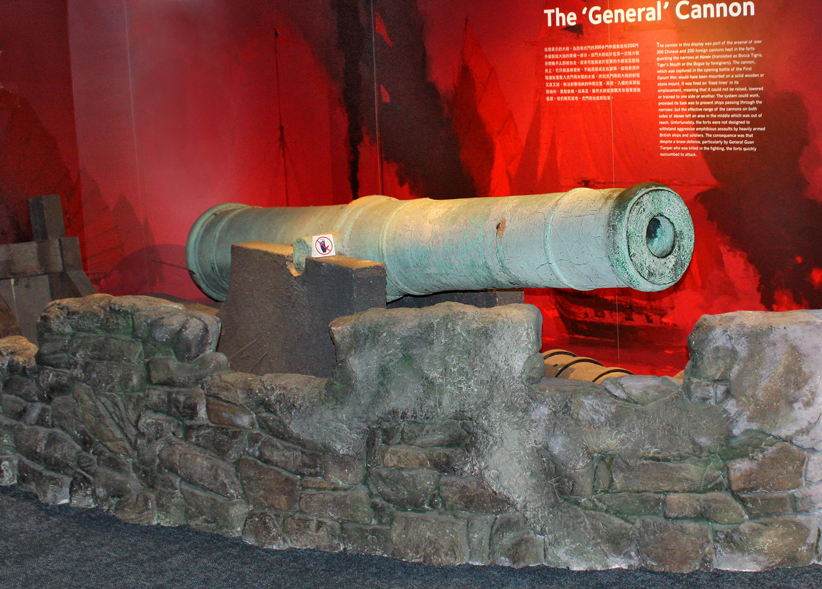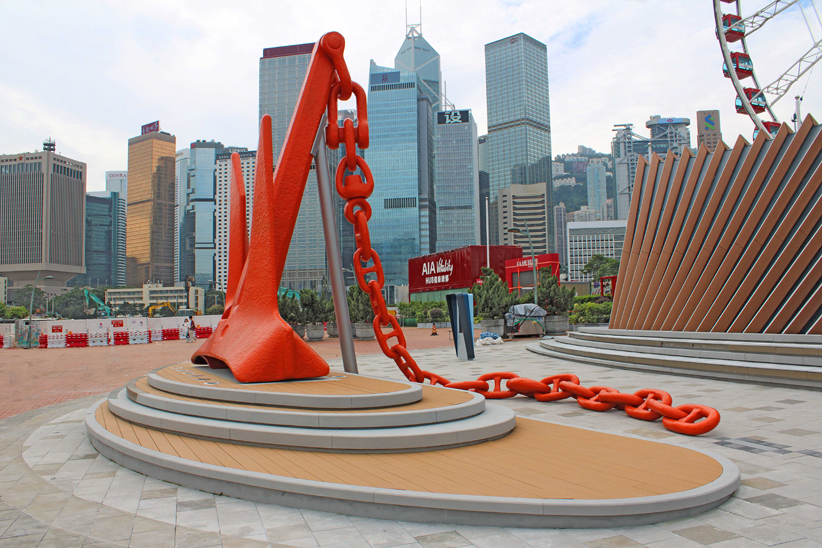 |
||
| Speakers and delegates at the forum | ||
Maritime Forum
The inaugural Forum for Asia-Pacific Maritime Culture, co-hosted by the Hong Kong Maritime Museum and the China Maritime Museum, in association with the International Congress of Maritime Museums Regional Meeting, concluded successfully on Tuesday, the 23rd of September 2025. Despite the impact of Super Typhoon Ragasa, which required the originally planned two-day forum to be adjusted to a single day, the museum quickly adapted by expanding the venue from one to three locations running simultaneously. This ensured that all nine sessions – comprising a total of 28 presentations – were successfully completed before the storm arrived.
|
||
 |
||
| Audience at the Opening Ceremony | ||
|
Maritime museums worldwide: bridging history and the future In the keynote speeches, Kristen Greenaway, president of the International Congress of Maritime Museums and president & CEO of the Chesapeake Bay Maritime Museum (USA), pointed out that maritime museums' roles as heritage preservers extended far and wide. She believes that one role of maritime museums is to foster cultural collaborations. Maritime heritage preservation can be complicated, often involving artifacts from many cultures and jurisdictions, like a shipwreck in international waters. Because of this complexity, maritime museums can step in to encourage cultural collaborations like cross-regional research. Additionally, Greenaway believes that maritime museums have a role as advocates for ocean conservation. By showcasing ancient wind power transportation techniques, traditional ecological knowledge from indigenous maritime communities, and historical examples of maritime disasters, museums offer lessons for current climate adaptation strategies. Maritime museums are key platforms for raising public environmental awareness. She also stated that maritime museums can alleviate political tensions, building a platform for international co-operation with mutual understanding. Through co-organised exhibitions, academic collaborations and exchanges, maritime museums become a "neutral ground" for cultural diplomacy, a special space that governments alone cannot provide. Greenaway concluded by emphasizing that maritime museums have a responsibility to navigate the world towards a more sustainable and interconnected future. "Maritime museums are uniquely positioned to foster this co-operation by helping people understand their connection to the sea and their shared responsibility for its protection is our shared responsibility. Our success will be measured not just by our visitor numbers or the size of our collections or the length of our vessels but by our contribution to creating a more connected, understanding and environmentally conscious global community." |
||
(from left to right) Zhao Feng, Director General, China Maritime Museum, Kristen Greenaway, President, International Congress of Maritime Museums, President & CEO, Chesapeake Bay Maritime Museum (USA), An Lai Shun, Chairman, The Asia Pacific Alliance of International Councils of Museums, Vice President, The China Museums Association, Richard Hext, Chairman of the Hong Kong Maritime Museum, Jin Xiao, Shanghai Municipal Transportation Commission, Richard Kendall, Director & Chief Executive of the Hong Kong Maritime Museum, Wong Sai Fat, Director of Marine, Hong Kong Marine Department
|
||
The multiple values of maritime cultural heritage An Lai Shun, who is chairman of the Asia Pacific Alliance of International Councils of Museums, vice president of the China Museums Association and a professor at the Shanghai University (China), delivered a keynote speech. He pointed out that maritime cultural heritage has multiple values and plays a special role. |
||
 |
||
| The General Canon, a popular exhibit in the Hong Kong Maritime Museum | ||
 |
||
| Seawise Giant anchor on the promenade | ||
COPYRIGHT © 2022 FRAGRANT HARBOUR PUBLICATIONS LTD |